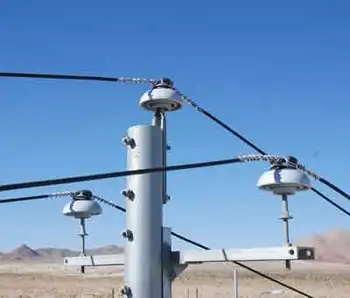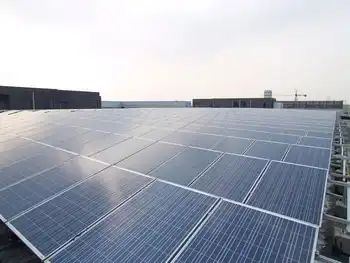Alternative energy gets lift
WASHINGTON, D.C. - Geothermal and wind energy companies were among the winners from a last-minute bundle of tax breaks that Congress passed recently.
Lawmakers extended for an additional year a renewable energy production tax credit offering 1.9 cents per kilowatt hour of energy created by new investments in geothermal, solar and wind technologies, officials said.
The credit was set to expire at the start of 2008 but will remain in effect through that year.
The tax break could mean $1 million or more to investors in new energy production, according to Paul Thomsen, public policy manager from ORMAT, a Reno company that operates geothermal plants in Northern Nevada.
Industry officials say the benefit could mean savings to energy consumers ultimately. They said it could stimulate further geothermal investments, at least for the duration of the credit extension.
"It gives us breathing room," said Karl Gawell, executive director of the Geothermal Energy Association.
Geothermal power harnesses steam and hot water from underground and uses it to run turbines and generate electricity.
Nevada is the second largest producer of the energy source behind California, with the ability to continuously provide 276 megawatts of power per year, or enough electricity for 250,000 households. Nevada has 15 power plants, but plans are in the works to create as many as 19 additional plants in the next five years.
It would quadruple Nevada's geothermal capacity, Fleischmann said.
Three new Nevada power plants were scheduled to be up and running by the old tax credit deadline, said Dan Fleischmann, the Geothermal Energy Association research coordinator who is drafting a report on Nevada's geothermal potential.
With the extension, six projects will qualify to receive the tax credit for their first 10 years of production, he said.
The tax, health and trade bill that passed Congress included a number of tax breaks for businesses and families, including an extension of the state and local sales tax deduction for states such as Nevada.
The tax credits for renewable energy production would cost $2.89 billion over 10 years, according to the House Ways and Means Committee.
Thomsen called the one year extension a "stop gap measure."
Industry officials would prefer if Congress were to approve longer extensions, Thomsen said.
"While this will help, it doesn't instill a lot of confidence in investors, especially when it takes about three to five years for geothermal plant fruition," Thomsen said.
An extension of at least that long would stimulate more investments, he said
But the financial hit on the U.S. Treasury is also higher if the credit were extended for longer than one or two year increments, Thomsen said.
"People did not expect the longer extension," Gawell said. "To be honest, people really didn't expect this."
Related News

Frustration Mounts as Houston's Power Outage Extends
TEXAS - Houston is enduring significant frustration and hardship as a power outage stretches into its fourth day amid a sweltering heatwave. The extended blackout has exacerbated the challenges faced by residents in one of the nation’s largest and most dynamic cities, underscoring the critical need for reliable infrastructure and effective emergency response systems.
The power outage began early in the week, coinciding with a severe heatwave that has driven temperatures to dangerous levels. With the city experiencing some of the highest temperatures of the year, the lack of electricity has left residents without essential cooling, contributing to widespread discomfort…




